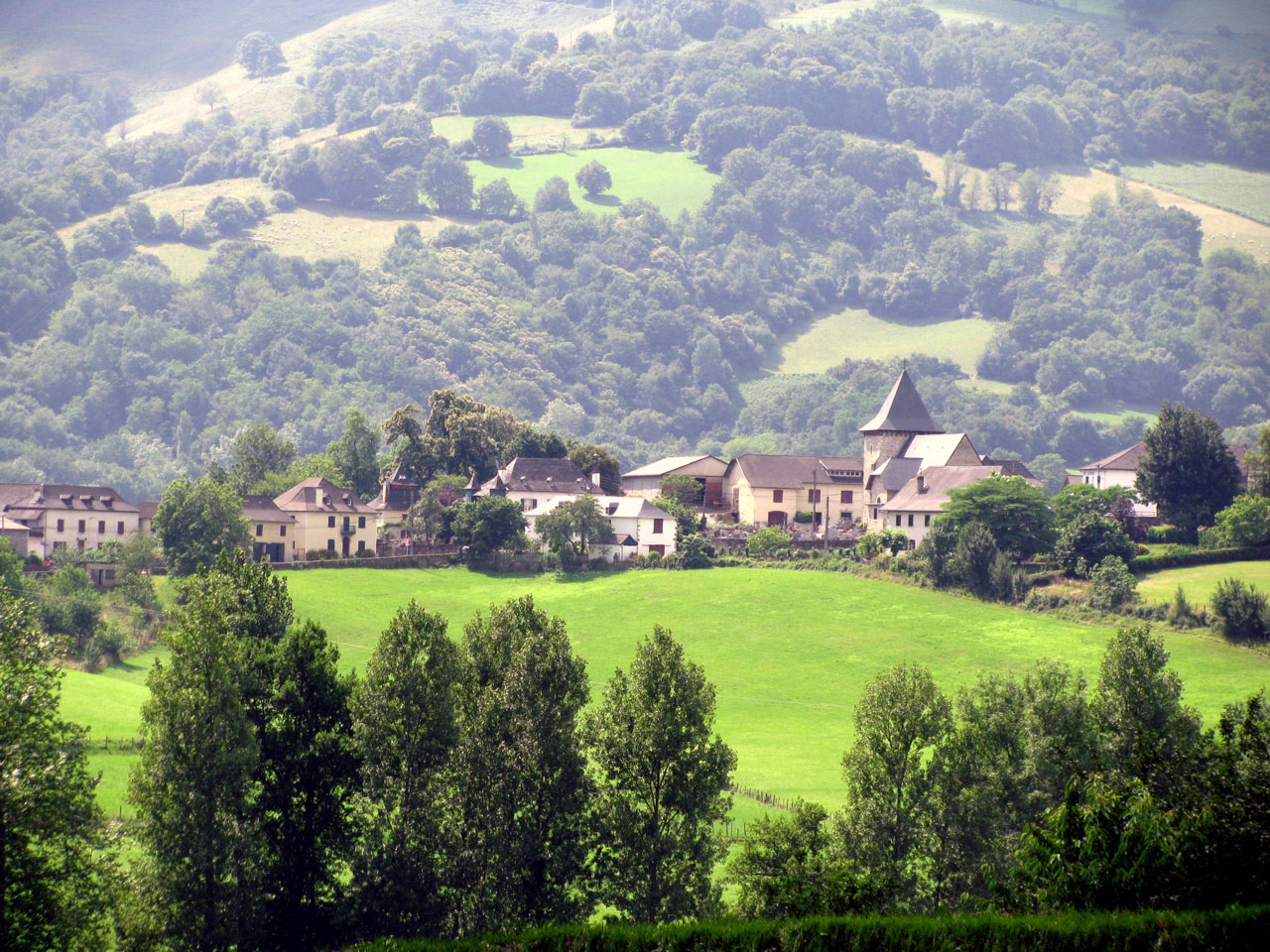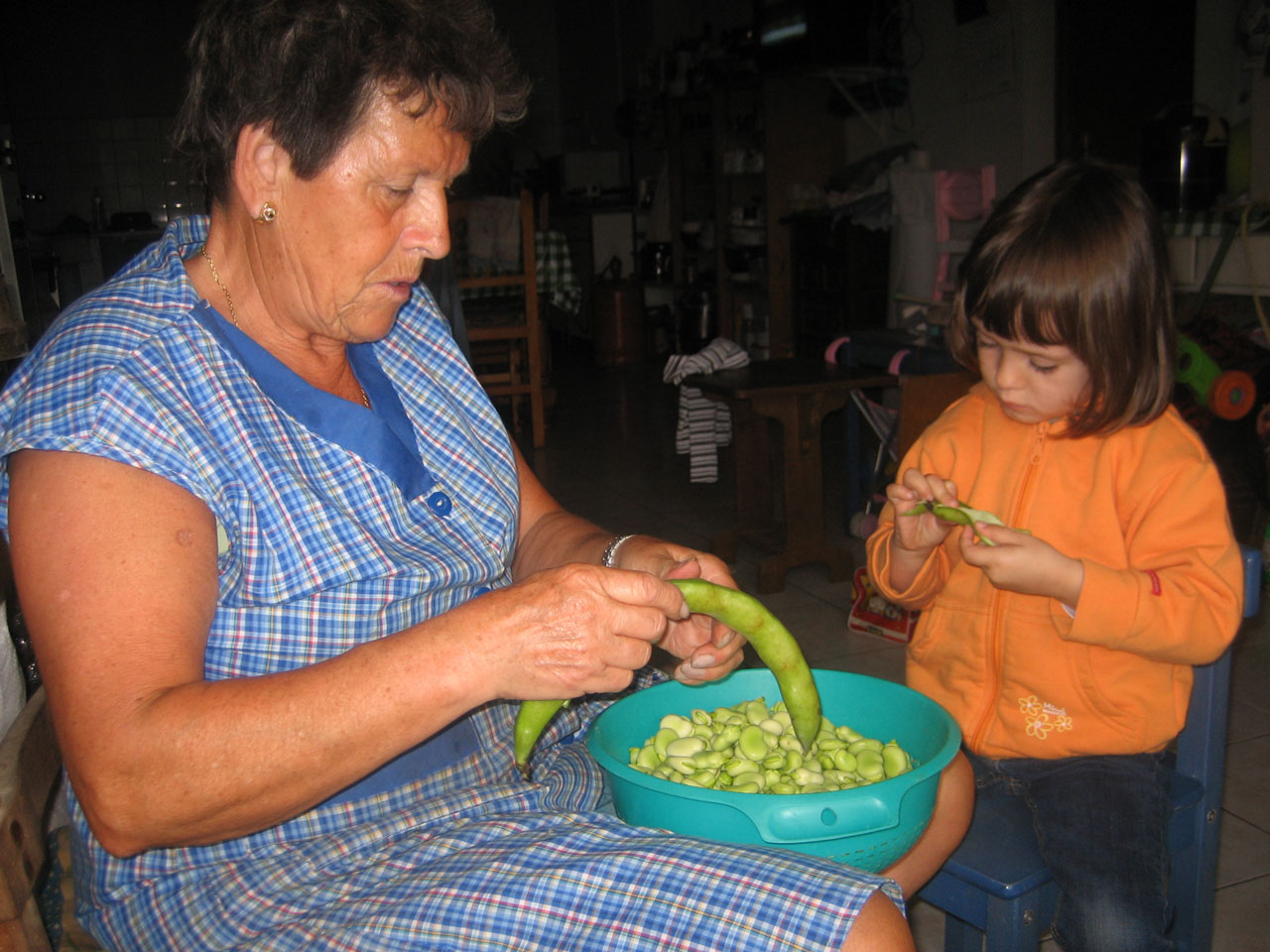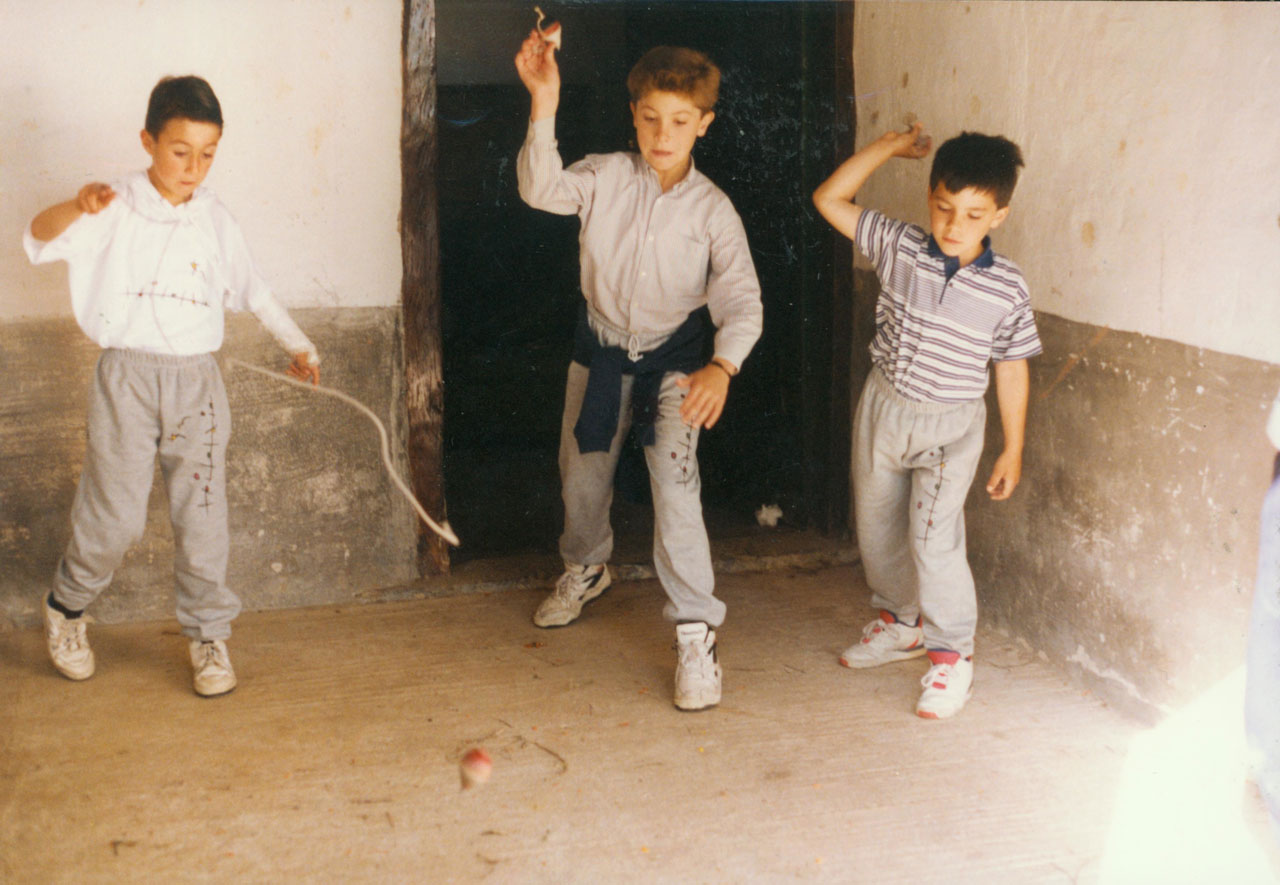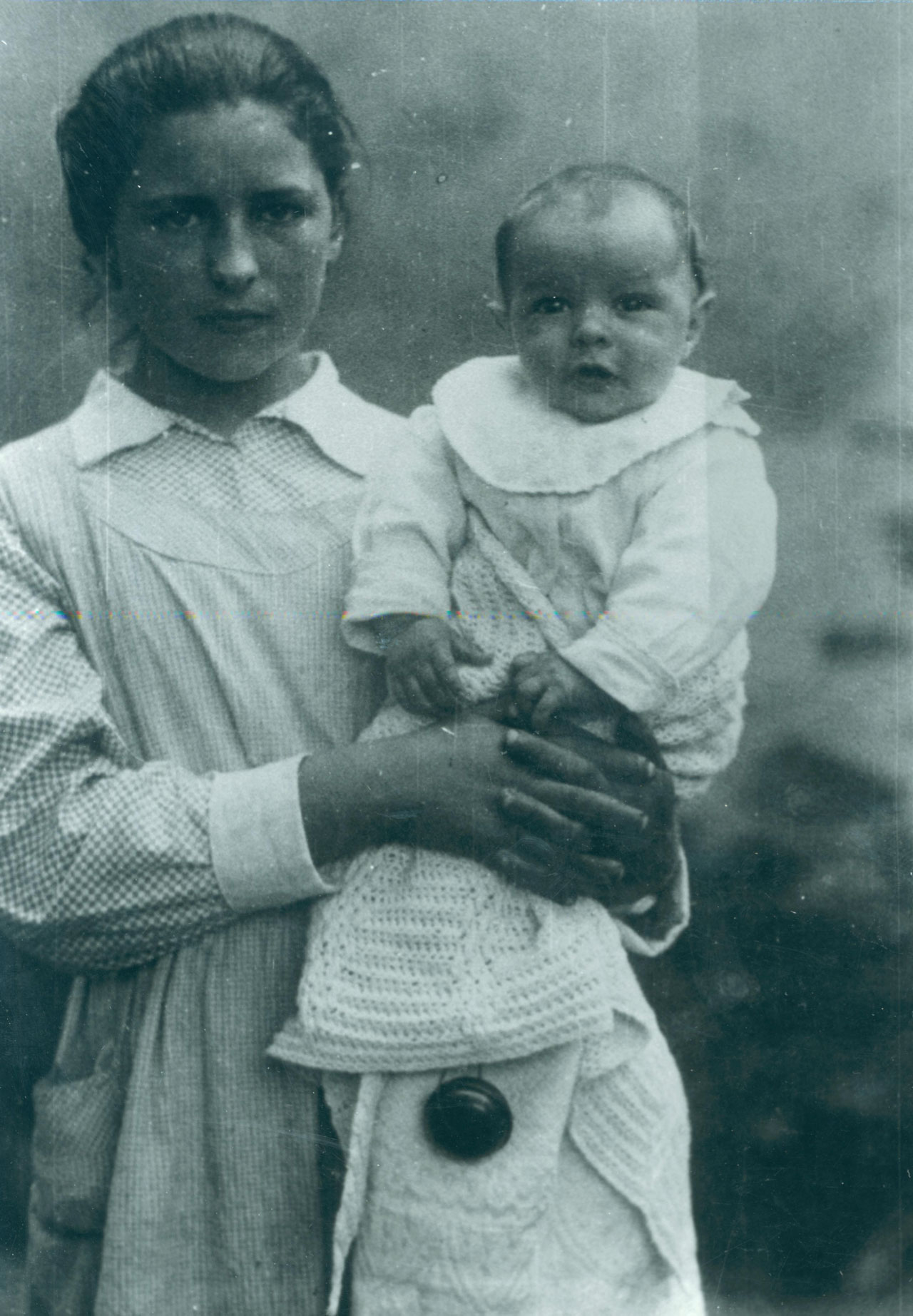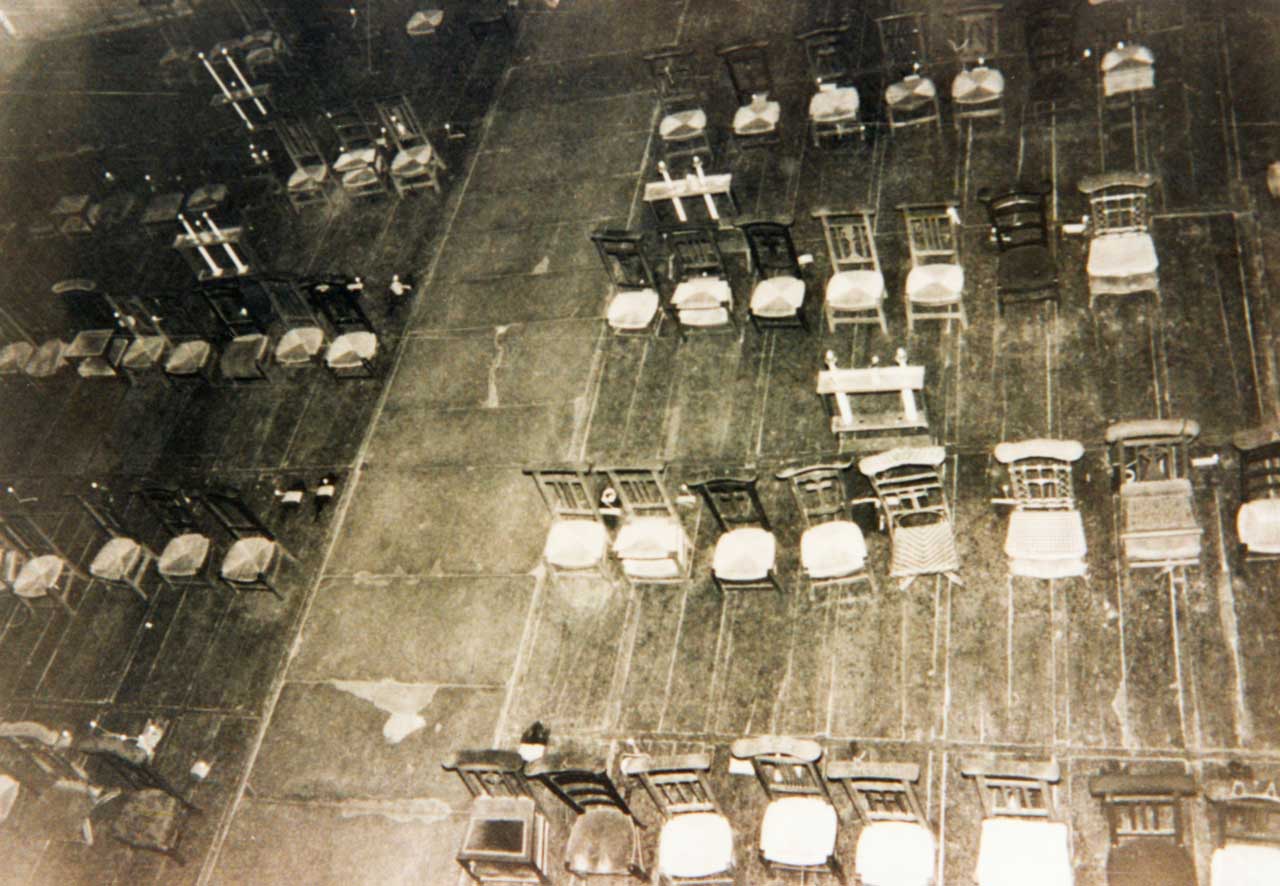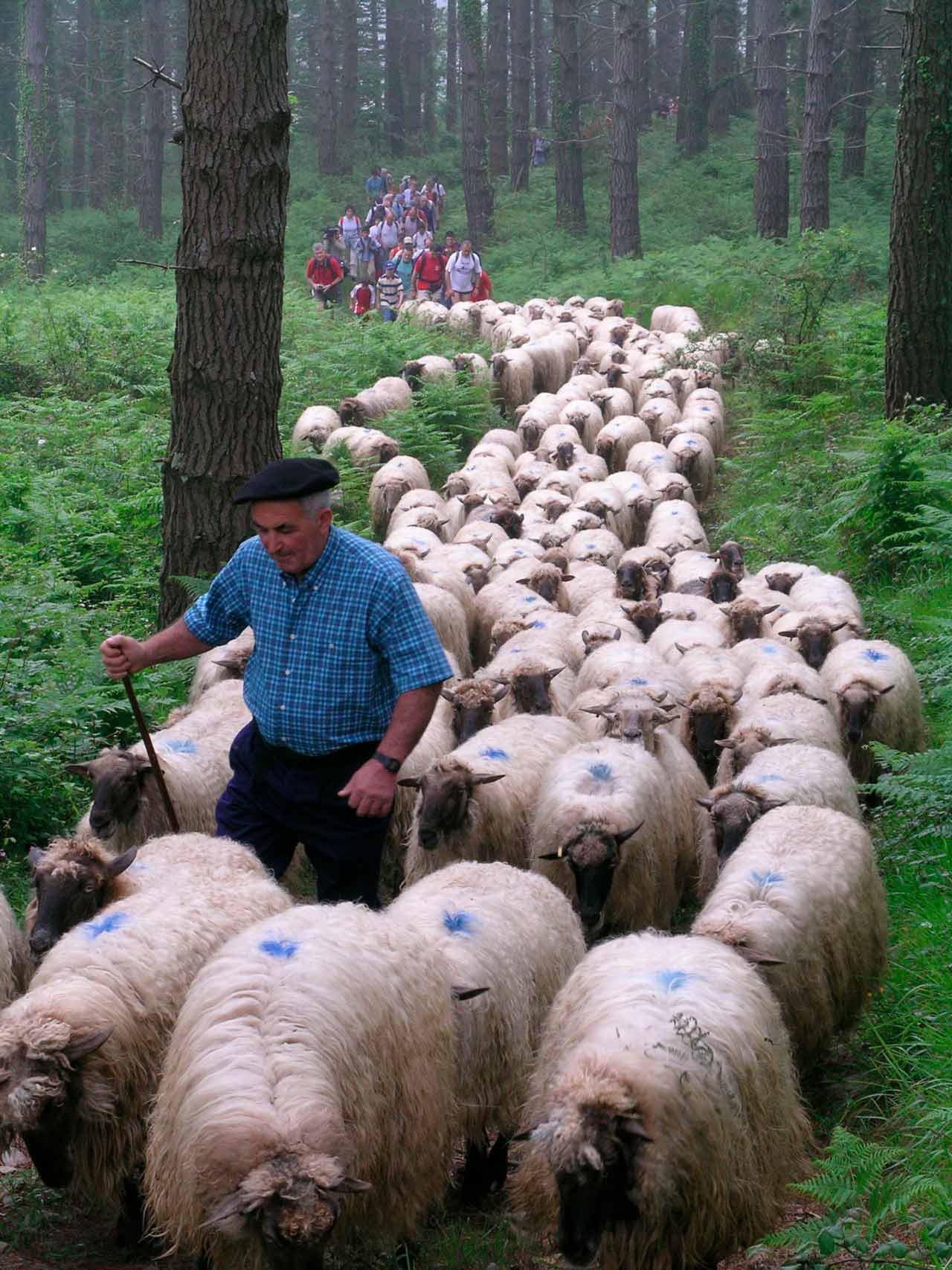Diferencia entre revisiones de «Main Page/en»
De Atlas Etnográfico de Vasconia
| Línea 179: | Línea 179: | ||
====[/atlas/nacimiento/Entrada-en-el-templo-Getxo-1996.jpg|Bride’s entrance in church. Getxo (B), 1996. Source: Labayru Fundazioa Photograhic Archive.|Ezkon urte, ero urte. <br />''People go crazy in the year they wed.''||]==== | ====[/atlas/nacimiento/Entrada-en-el-templo-Getxo-1996.jpg|Bride’s entrance in church. Getxo (B), 1996. Source: Labayru Fundazioa Photograhic Archive.|Ezkon urte, ero urte. <br />''People go crazy in the year they wed.''||]==== | ||
| − | ====[/atlas/nacimiento/ | + | ====[/atlas/nacimiento/Ofrenda-en-la-tumba-familiar-Donostia-1958.jpg|Offering to the departed. Donostia, 1958. Source: Segundo Oar-Arteta, Etniker Euskalerria Groups.|Ezkonberri, etxe berri. <br />''A married person wants a house.''||]==== |
====[/atlas/nacimiento/Urduliz-1984.jpg|Urduliz (B), 1984. Source: Akaitze Kamiruaga, Etniker Euskalerria Groups.|Haurrak negarrik ez, titirik ez. <br />''A baby who does not cry, does not suckle.''||]==== | ====[/atlas/nacimiento/Urduliz-1984.jpg|Urduliz (B), 1984. Source: Akaitze Kamiruaga, Etniker Euskalerria Groups.|Haurrak negarrik ez, titirik ez. <br />''A baby who does not cry, does not suckle.''||]==== | ||
Revisión del 13:05 11 mar 2020
House and Family in the Basque Country


House and Family in the Basque Country
“It has quite rightly been said, therefore, that any human settlement is the amalgamation of a little humanity, a little land and a little water.”
J. M. Barandiaran
Family Diet in the Basque Country


Family Diet in the Basque Country
Beans and broad beans were the most widely grown legumes and were traditionally an important part of the diet.
Children’s Games in the Basque Country


Children’s Games in the Basque Country
Changes in the adult world are also necessarily reflected in the children’s world. It should not be forgotten that those changes also affect the world of beliefs, convictions and rites underlying many traditional games; many of which would be stripped of meaning, some would fall into disuse, others would persist and would adapt to the new circumstances.
Traditional Medicine in the Basque Country


Traditional Medicine in the Basque Country
The widespread belief was that Christmas Eve’s bread, ogi salutadorea, would not go mouldy and would prevent rabies in dogs and other domestic animals.
Nursemaid. Zeanuri (B), 1924. Source: Labayru Fundazioa Photograhic Archive: Felipe Manterola Collection.
Rites from Birth to Marriage in the Basque Country


Rites from Birth to Marriage in the Basque Country
Until the mid-twentieth century women gave birth at home with the help of a midwife and women relatives and neighbours. Giving birth was almost exclusively a female domestic occasion exclusively concerning females.
Funeral Rites in the Basque Country


Funeral Rites in the Basque Country
Each homestead used to have a burial site inside the church’s nave. When burials were transferred to cemeteries, the once real burial site in church became a symbolic family grave, were offerings of light and bread were made to their dead.
On the move to the summer pastures in Gorbeia, 2006. Source: Antxon Aguirre, Etniker Euskalerria Groups.
Livestock Farming and Shepherding in the Basque Country


Livestock Farming and Shepherding in the Basque Country
Traditional shepherding and free-range livestock husbandry have prevailed on regions where these three requisites are satisfied: communal land, open-access rights, and free movibility for herds.
Agriculture in the Basque Country


Agriculture in the Basque Country
Flax fields and market gardens were the areas of the farm that required the greatest care, the pride of the farmer’s property and a cornerstone of the family’s wealth.
